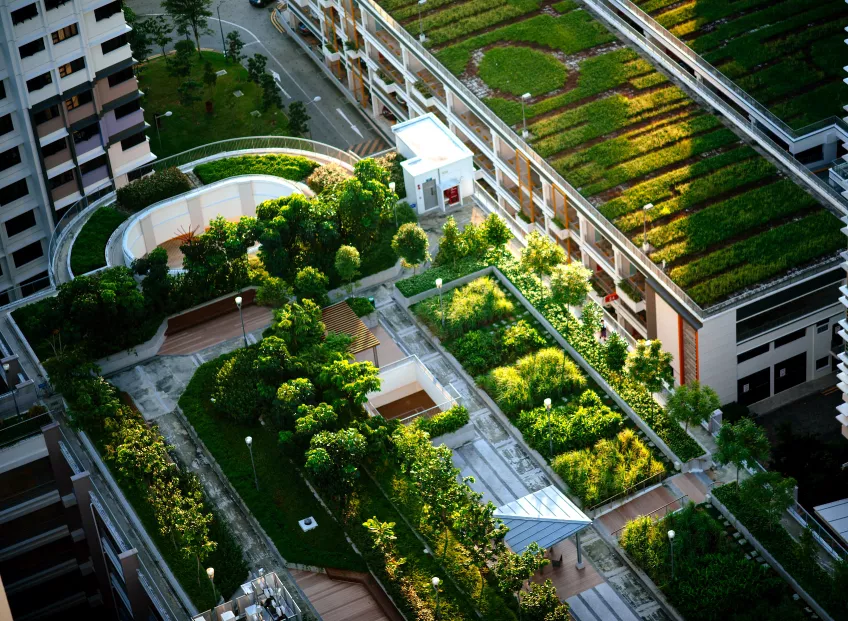Sustainable societies
Major problems are related to how we build our societies, how we allocate our resources, how we consume and how we travel. But what does an ecologically and socially sustainable world look like? These are questions that engage many social scientists.
It is now well known that our way of life is not environmentally sustainable. We need to create sustainable consumption patterns and a circular economy that does not place an unreasonable burden on the Earth's resources. Social science is needed to contribute to the solution.
We also know that the impacts of climate change affect people differently depending on where they are in the world and which socio-economic group they belong to. A better understanding of these inequalities and how to counteract them is also a vital field of research.
Social sustainability goes hand in hand with ecological sustainability. Social vulnerability, inequality and research on low-income countries in the impoverished Global South are traditionally important research areas for social scientists. Our development research concerns living conditions, as well as opportunities and obstacles to development in parts of Africa, Asia, Latin America and the Middle East.
Example of research projects
The latest registered projects in this area are listed here.
More projects in this area are listed in the Research Portal.
Some research environments
The links go to other websites.
- Biodiversity and Natural Resource Management
- Climate Change and Resilience
- Consumption, Marketing and Retail
- Energy Justice and Sustainability of Energy Systems
- Environmental Politics
- Land Use Governance and Development
- Lund University Critical Animal Studies Network (LUCASN)
- Social Policy and Sustainability
- Social Resilience
- Sustainability, Resources and Services
- Tourism, Place and Mobility
- Urban Governance and Transformation

Nature-based future solutions
Our researchers participate in the research area Nature-based future solutions, which is one of five profile areas at Lund University.
